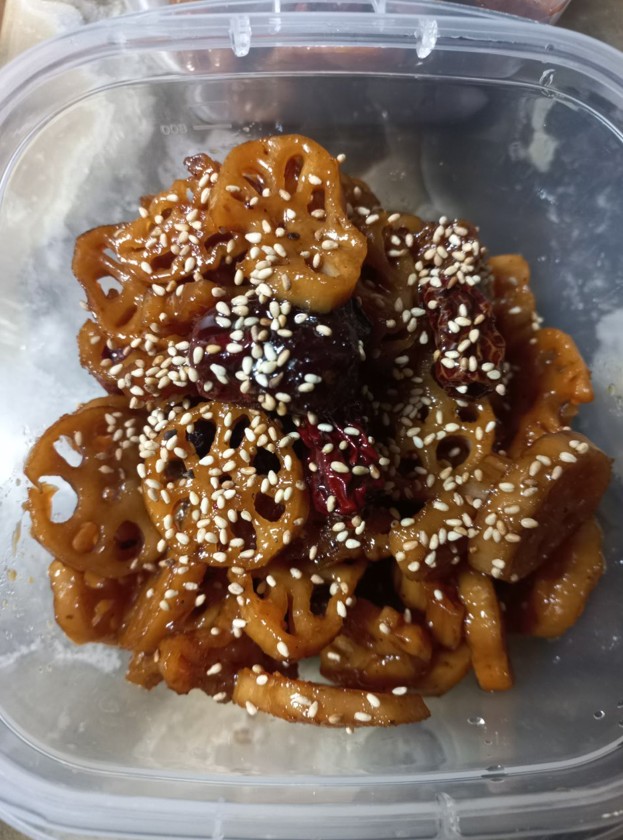 Why are most of Korean food fermented?
Why are most of Korean food fermented?
Why are most of Korean food fermented?
Korean food gained huge popularity all over the world for its unique taste and vivid colors. From bibimbap to kimchi, the taste of Korean food is undeniable. One common feature that sets it apart from other foods is its high dependence on fermentation. So why is fermentation such an essential part of Korean food? Let’s take a deeper look at the world of Korean food to understand the importance of this old tradition.
The art of fermentation.
Fermentation has been an integral part of Korean food culture for centuries. Fermentation involves the process of breaking down food’s carbohydrates by microorganisms to produce beneficial bacteria and enzymes. This process is nutritious as well as improving the taste and texture of food.
Kimchi: Stock fermentation tank.
Kimchi cannot be ignored when talking about Korean food and fermentation. It is a traditional side dish made with fermented vegetables, usually cabbage and radish, a mixture of spices, seasoning, and fermented fish sauce. It is consumed with almost all Korean food and is loved for its tangy, spicy, and sometimes a little sour taste.
Health Benefits of Fermented Food.
Fermented foods, such as kimchi, offer many health benefits that contribute to their popularity in Korean cuisine. These benefits include improved digestion, better intestinal health, better immunity, and better nutrient absorption. The fermentation process increases the bioavailability of vitamins and minerals in food, making it easier for the body to absorb them.
A taste of tradition.
The tradition of fermenting food in Korea dates back thousands of years. Historically, fermentation has served as a preservation method, allowing people to store and consume food during long winters when fresh produce was scarce. This technology not only extended the shelf life of various ingredients, but also modified flavors, creating a unique and popular flavor profile.
Beyond Kimchi: Other Fermented Foods Favourites.
While kimchi may be the most famous fermented Korean food, it is by no means the only one. There is a wide variety of fermented foods in Korean cuisine, such as soybean paste, red pepper paste, and makgeolli. Each of these fermented foods adds a unique taste and texture to the Korean dining experience.
The Future and Fermentation of Korean Food.
As Korean cuisine continues to gain worldwide recognition, fermentation technology plays an important role in its preservation and evolution.